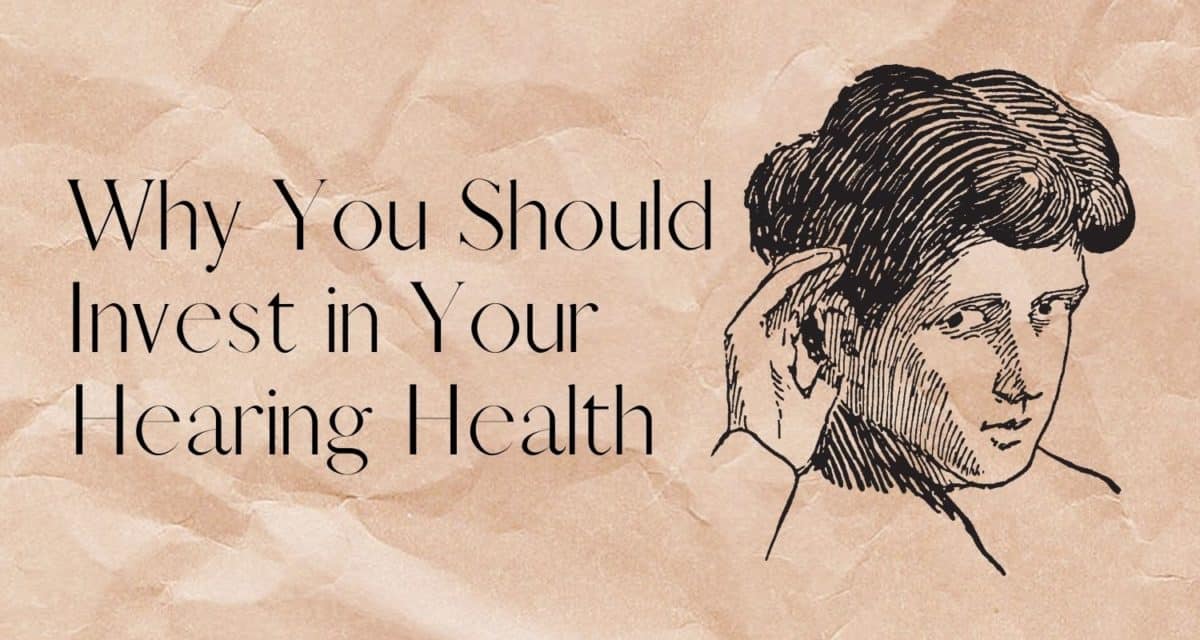Your Phonak hearing aid at unbeatable prices!

Why You Should Invest in Your Hearing Health
Hearing loss affects around 14% of the population in Western countries, especially as we age. It affects about one-third of people between the ages of 60–69 who have hearing loss, and two-thirds of those 70 and up. But age-related hearing loss can start as early as age 45, and isn’t just a problem for those who are pre-retirement.
Hearing Loss Causes Changes in Our Life
Hearing loss isn’t just an annoying problem that we need to learn to live with. It causes changes in our lifestyle, habits, and physiology that can end up causing more trouble as time passes. It’s important to treat hearing loss once it becomes an issue, and when we decide to avoid treatment, we’re not only putting ourselves at risk but likely allowing our family members and friends to feel frustrated.
Hearing loss itself sets in slowly, and the effects that it has on our life also happen slowly. This means we often don’t make the connection between hearing loss and the way we feel. We might even not realize that things have changed for us! Most people who have hearing loss don’t realize it until someone else points it out, and family members are more likely to notice changes in temperament and demeanor.
We May Not Notice What Hearing Loss Does
A survey by the National Council on the Aging in the United States found that two-thirds of those with untreated hearing loss agreed with statements like “my hearing is not bad enough” or “I can get along without them.” One out of five said “it would make me feel old” or “I don’t like what others will think about me.”
Those who were surveyed who had hearing aids, however, tended to be more socially active and less depressed, worried, or paranoid. The people around them tended to notice these effects even more than they did.
This goes to show how important it is to learn about the effects of hearing loss. When we follow what our bodies are telling us while, at the same time, imagining that treating or not treating hearing loss is a simple matter of preference, we are likely to start to slowly experience the unfortunate changes that untreated hearing loss brings with it.
We will decline an invitation to a group dinner because we know we won’t have much fun straining to hear everyone. We will sit at home instead of going for a walk because we won’t feel safe when we can’t hear what’s around us. These little decisions add up over time and can have disastrous effects on our health and well-being.
Treating Hearing Loss Brings About Positive Changes
One American psychologist, Dr. Mark Hammel, who avoided treating hearing loss for many years, finally got hearing aids at age 57. He said, “I had lost the habit of listening. After I got the hearing aids, it took me a long time to get back into the habit of paying attention to what people were saying.”
This is a perfect example of how we can think we’re “getting along fine” without hearing aids, but only when we start treating our hearing loss do we realize how much we had been missing.
Hearing aids come with an adjustment period. They are not magical devices that make everything better as soon as we put them in, and it may take some time to notice the effects they have on our life. But we are likely to notice their positive effects on a faster timeline than we notice the negative effects of untreated hearing loss. When asked after one year of wearing them, 95% of people say they’re glad they got hearing aids.
Getting hearing aids helps us to feel less fatigued after social events. Many people who are new to age-related hearing loss may mistake this fatigue for a separate age-related condition—” I just can’t stay out as late as I used to.” With a good set of hearing aids, most people can enjoy a conversation just as much as they always did, and that helps us stay connected to the people we care about. Indeed, many wearers report seeing improvements in their relationships with spouses, family members, friends, and colleagues.
If you or someone you love may be having issues with their hearing, make an appointment for a hearing test today and find out why investing in your hearing health is the best thing you can do to promote your best long-term health and well-being!
